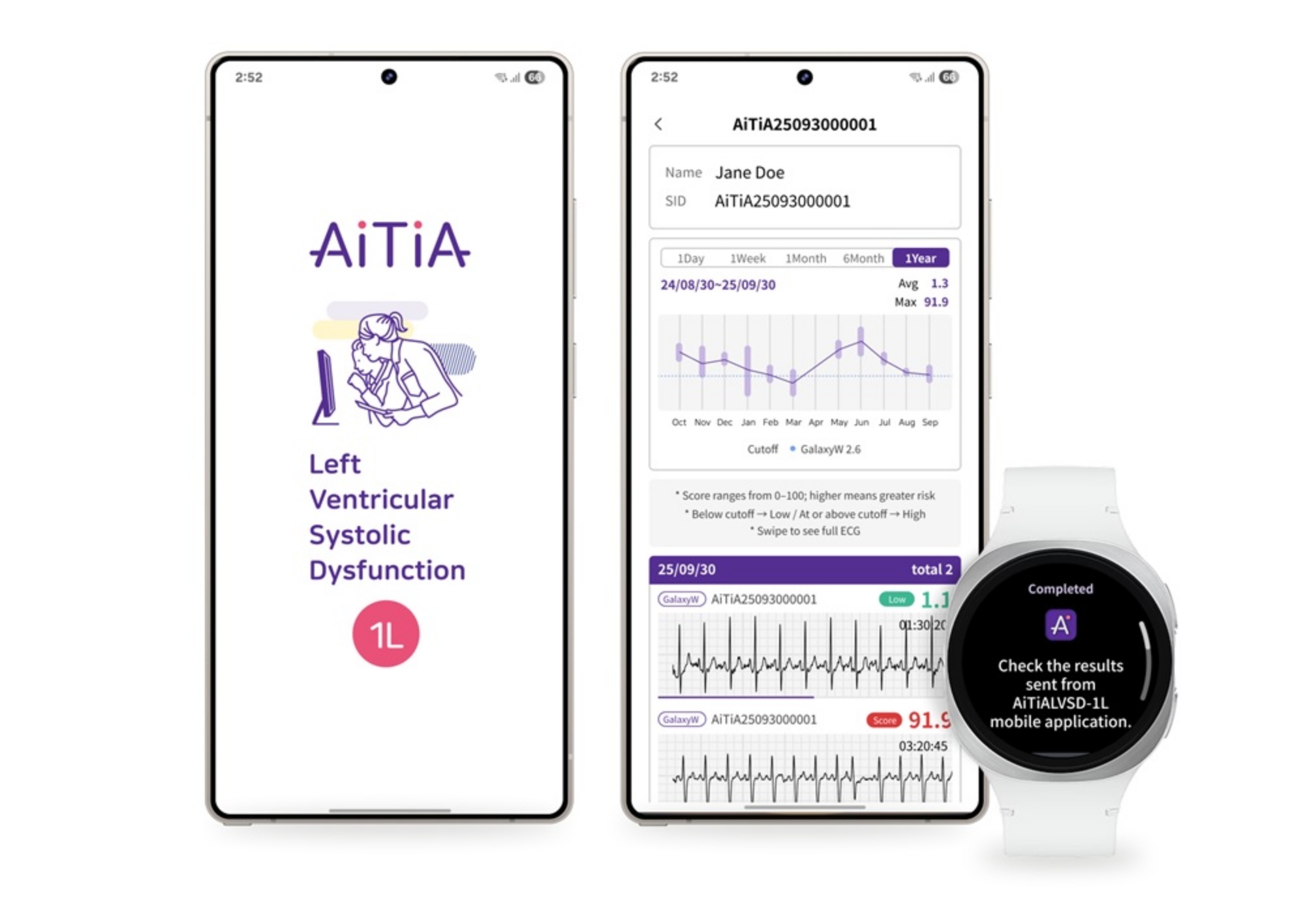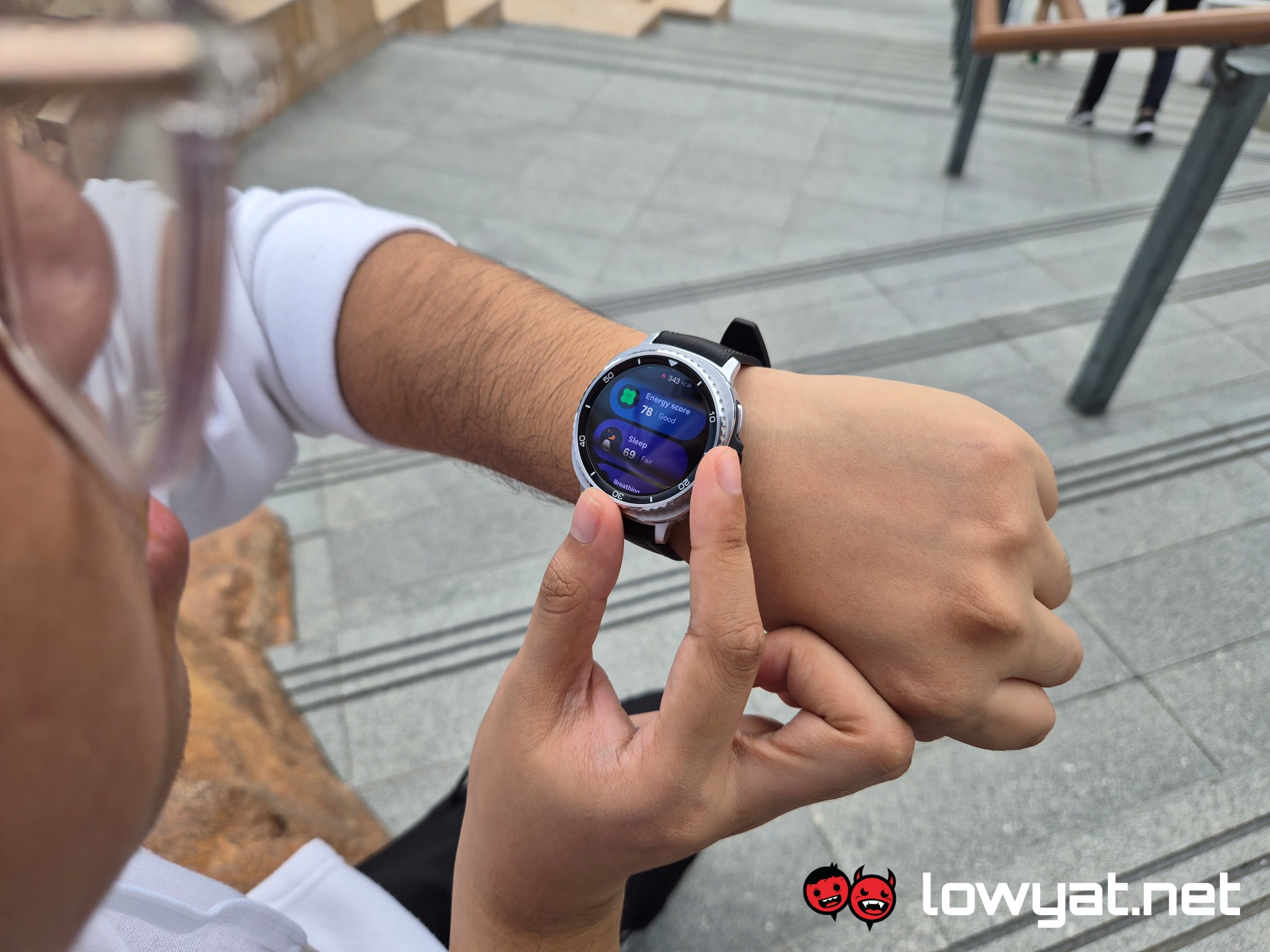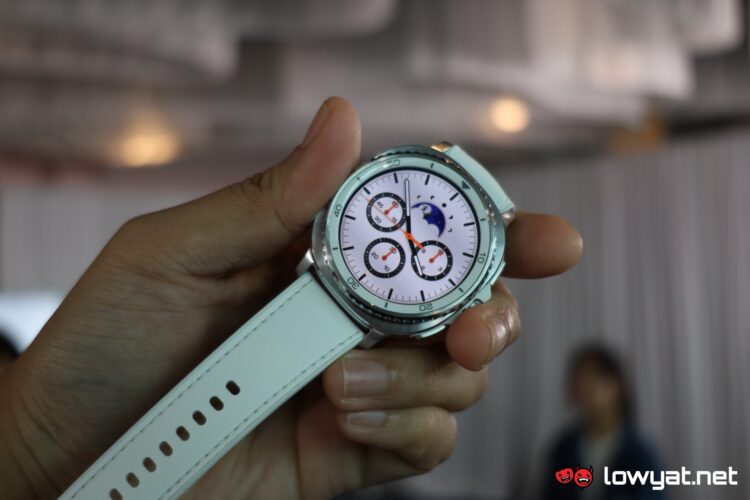Wearable technology has progressed to the point where devices like smartwatches serve as tools for health management. As wearables continue to fulfill this role, companies like Samsung are working to develop more features to aid the user in detecting medical issues early on. One of Samsung’s recent efforts involves equipping its smartwatches with the ability to detect Left Ventricular Systolic Dysfunction (LVSD).
LVSD is a serious cardiovascular condition believed to be responsible for around 50% of all heart failure cases. Given its high fatality rate, early detection is critical in ensuring successful medical intervention. As such, the tech giant has collaborated with Medical AI to develop AI algorithms designed to detect early signs of heart failure. These specialised algorithms were based on Medical AI’s existing algorithm for 12-lead ECG analysis, which is already in use in hospitals across Korea.

According to Samsung, its smartwatches are the first in the world with LVSD detection capabilities. The company went on to note that the feature has already received regulatory approval from South Korea’s Ministry of Food and Drug Safety (MFDS). The technology is aimed at enabling early screening for asymptomatic individuals. That said, it is unclear when the feature will be rolling out. Additionally, global availability is still up in the air.
 Aside from the LVSD detection feature, the company is also working on brain-computer interface (BCI) technology. This is a separate effort made in collaboration with Hanyang University’s Department of Biomedical Engineering. The result of this partnership is an around-the-ear electroencephalogram (EEG) prototype device, which can detect drowsiness. It can also analyse brainwaves to determine the wearer’s video preferences. The company highlighted the latter’s potential for use in targeted marketing.
Aside from the LVSD detection feature, the company is also working on brain-computer interface (BCI) technology. This is a separate effort made in collaboration with Hanyang University’s Department of Biomedical Engineering. The result of this partnership is an around-the-ear electroencephalogram (EEG) prototype device, which can detect drowsiness. It can also analyse brainwaves to determine the wearer’s video preferences. The company highlighted the latter’s potential for use in targeted marketing.
(Source: Samsung)


